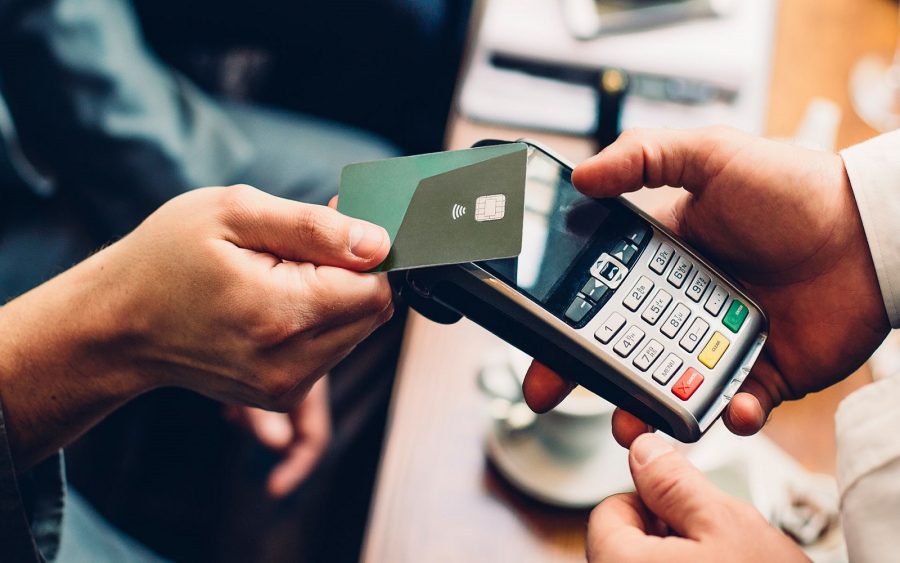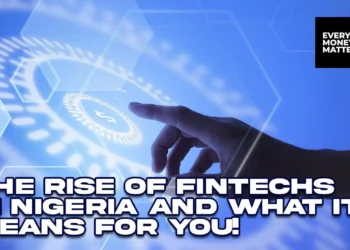Article Summary
- The rise of FinTechs parallels the premise of “Space1999” as they revolutionize financial services through rapid technological growth and integration.
- The advent of Payment Service Banks (PBS) and the shift towards E-Payment platforms in Nigeria indicates a potential transformation in the dynamics of financial services.
- Also, the potential emergence of a P2P era in financial servicescould reshape the industry and prompt traditional providers to adapt or collaborate with new players.
The British science fiction TV show Space:1999 explored the possibilities of what mankind could deal with as the world advanced, and more people acquired knowledge about science and how best to apply it to protect against the challenges brought about by disruptions.
For a TV series shot in the 70s, it was quite amusing, sometimes far-fetched, even though man had landed on the moon a year prior to the decade of the 70s.
The advent and success of FinTechs in today’s world of fast-paced technological growth and integration with financial services provision can be likened to the 70s series Space:1999.
Fast forward to Nigeria in the last 10 years and the advent of Payment Service Banks (PBS), E-Money and financial inclusion have grown rapidly, as more people are using various E-Payment platforms for their ease of doing business.
Amid the continued lack of trust in traditional financial services offerings following recent banking failures including the challenges faced during the naira swap era, fintechs are fast proving to be a more reliable alternative to traditional banking.
Recall that during the afore-mentioned cash swap era and its attendant challenges, many Nigerians were forced create new alliances with other financial service providers who were more efficient and caused less pain to the customers in carrying out their transactions.
Let’s use Safaricom’s M-PESA in Kenya and its dominance over the years as a case study. For those who may not know, M-Pesa is a phone-based peer-to-peer money transfer service launched by Safaricom, Kenya’s largest telecom provider, in 2007.
According to a Kenyan government report published in 2012, the number of mobile money users in the country rose to 19.5 million (83% of Kenya’s adult population) within five years after the product was first introduced. They transferred as much as US $8 billion per year, representing 24% of Kenya’s GDP.
These new platforms would not only drive financial inclusion but could transform the dynamics of E-Money as major disruptors when you consider that the Central Bank of Nigeria (CBN) is looking to drive the CBN E-Money platform aggressively.
With the inclusion of some of the big telcos in the new PBS wave and the continued reduction in the trust levels of traditional FSPs (e.g., the current USSD war), I believe that they could replicate the Safari M-Pesa model, thereby forcing the traditional FSPs to the discussion tables to redesign the wheels of financial services provision.
Though we still live in a highly cash-operated economy, we could just be witnessing another transition similar to the wave of the Per-Second billing phenomenon brought about by an additional Telco in 2003 shaping the narrative and discussion around Data being the new black gold as is evident today across the globe.
In this great new age of AI, Blockchain etc., who says that the different colour shades of some of the traditional FSPs cannot mix, and/or even change to new or similar colour shades in a new world I would like to call “PEER” FSP era – P2P, B2B etc? Like they say, “Don’t look for the needle in the haystack. Just buy the haystack!” — John Bogle.
This is what I see in the FSP space over the next 5 years.






















